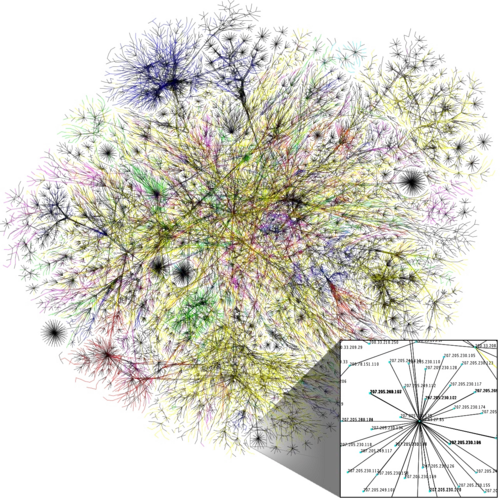
Mura (McFeredach): The Enigmatic Seer of Early Christianity
Mura, also known as McFeredach, is a significant figure in early Christian history, primarily associated with the spread of Christianity in Ireland during the 5th and 6th centuries. This article delves into the life, legacy, and impact of Mura, highlighting his contributions to the Christian faith and Irish culture.
The Historical Context of Mura
During the time of Mura, Ireland was undergoing a transformative period, marked by the transition from paganism to Christianity. The arrival of missionaries such as Patrick of Ireland set the stage for a religious revolution. Mura's role as a seer and holy man played an instrumental part in this shift.
Origins and Early Life
Much of Mura's early life remains shrouded in mystery. It is believed that he was born into a royal lineage, which may have provided him with the social status necessary to influence his peers. Mura’s connections with nobility likely facilitated the introduction of Christianity to various clans across Ireland.
Becoming a Christian Leader
As Mura grew older, he became deeply spiritual and was known for his prophetic abilities. His visions and teachings attracted numerous followers, helping to establish small Christian communities in regions like County Donegal. These groups were crucial in promoting the faith and establishing churches, ultimately leading to the widespread adoption of Christianity in Ireland.
The Legacy of Mura (McFeredach)
Mura’s impact on Christianity in Ireland is celebrated in several ways. His name is referenced in various historical texts, and he is often associated with the founding of churches and monastic communities. One of the most notable sites linked to him is the Church of Mura, located in Fahan, County Donegal.
The Church of Mura
The Church of Mura is an archaeological site that offers insights into early Irish Christianity. The church is known for its unique architecture, showcasing the distinct styles that emerged during the Celtic Christian period. Visitors to the site can observe the remnants of ancient walls and religious artifacts that shed light on worship practices of the time.
Cultural and Spiritual Influence
Mura’s teachings extended beyond the realm of religion into the cultural fabric of Ireland. His emphasis on community, charity, and the importance of faith contributed to the Irish identity that emerged during the early medieval period. Stories of Mura's miracles and his interactions with nature serve as cultural touchstones, influencing literature, folklore, and art.
Mura in Folklore
The tales of Mura’s life and miracles have been passed down through generations, often blended with local folklore. These stories not only honor his contributions to Christianity but also reflect the values and beliefs of Irish society, emphasizing respect for nature, community bonds, and the supernatural.
Conclusion
Mura (McFeredach) remains a prominent figure in the history of Christianity in Ireland. His contributions to the spread of the faith, establishment of churches, and influence on Irish culture are invaluable. The legacy of Mura continues to resonate today, reminding us of the enduring impact of early Christian leaders in shaping religious and cultural landscapes.






